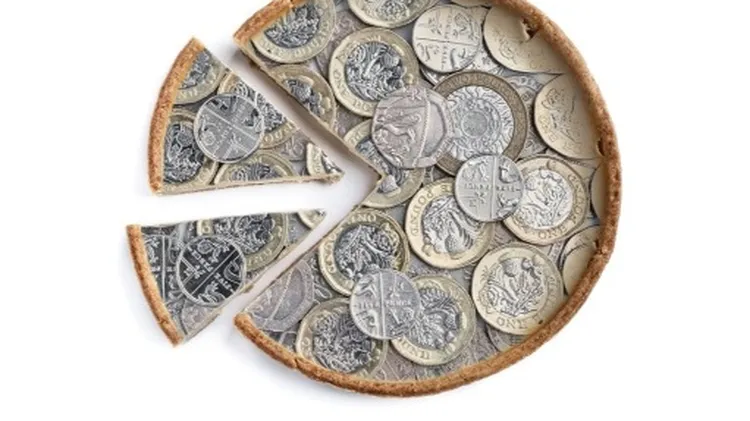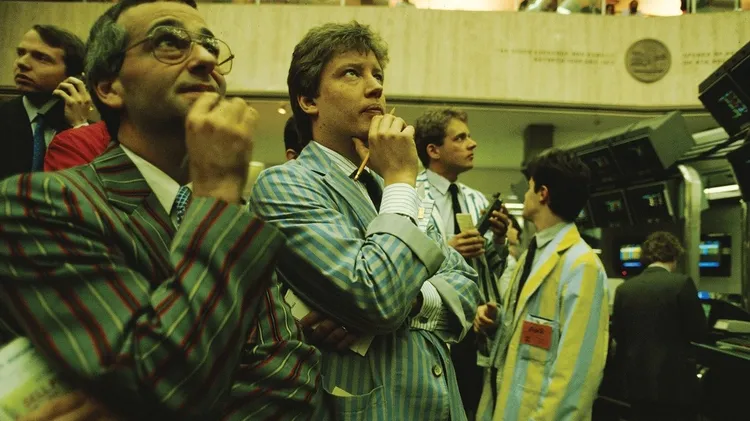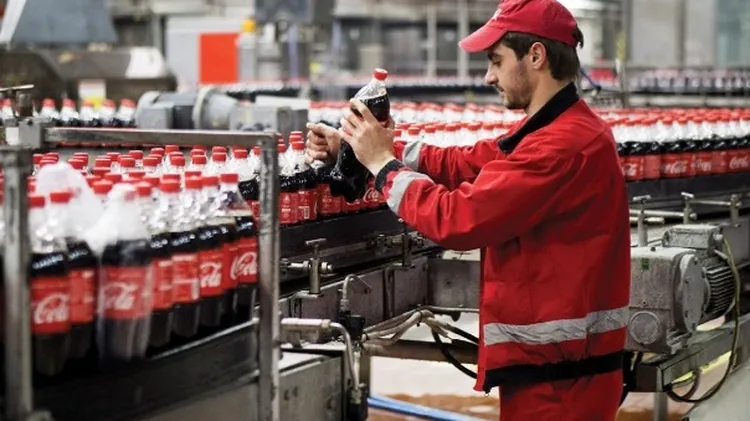Business angels can be a crucial resource for fledgling firms, helping
A match made in heaven
7 min read
This article is from...
Read this article and 8000+ more magazines and newspapers on Readly





